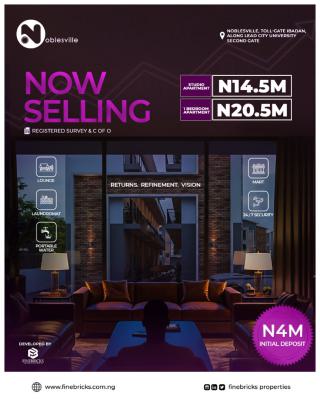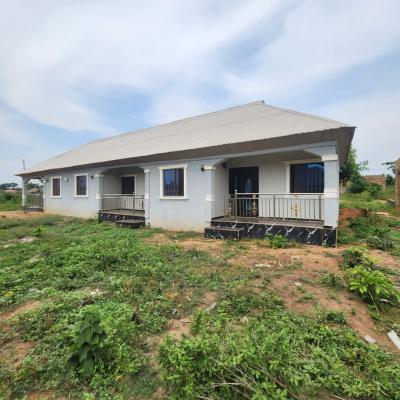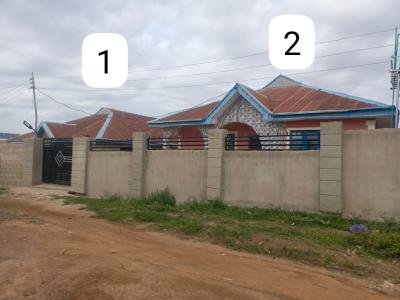Mini Flats for Sale in Ibadan, Oyo
Quick Filters
Subtypes Localities Areas
- Agbowo|
- Agodi|
- Ajibode|
- Akobo|
- Alakia|
- Alalubosa|
- Apata|
- Asejire|
- Challenge|
- Eleyele|
- Iyaganku|
- Jericho|
- Moniya|
- New Bodija|
- Ojoo|
- Oke Ado|
- Oke Bola|
- Old Bodija|
- Ologuneru|
- Orogun|
- Samonda|
- Wakajaye
3
1 bedroom mini flat (room and parlour) for sale
Lagos-ibadan Expressway | Next To Lead City University, Ibadan, Oyo ₦20,500,0001 bedroom mini flat (room and parlour) for sale
Off Jankata, Kuola Area, Near Motomori Villa, Scepter-land School, Ibadan, Oyo ₦60,000,000What is the average price of mini flats for sale in Ibadan, Oyo?
The average price of mini flats for sale in Ibadan, Oyo is ₦20,000,000.
What is the price of the most expensive mini flats for sale in Ibadan, Oyo?
The price of the most expensive mini flats for sale in Ibadan, Oyo is ₦20,000,000.
What is the price of the cheapest mini flats for sale in Ibadan, Oyo?
The price of the cheapest mini flats for sale in Ibadan, Oyo is ₦20,000,000.
How many mini flats for sale in Ibadan, Oyo are available?
There are 3 available mini flats for sale in Ibadan, Oyo.
You can view and filter the list of property by price, furnishing and recency.



